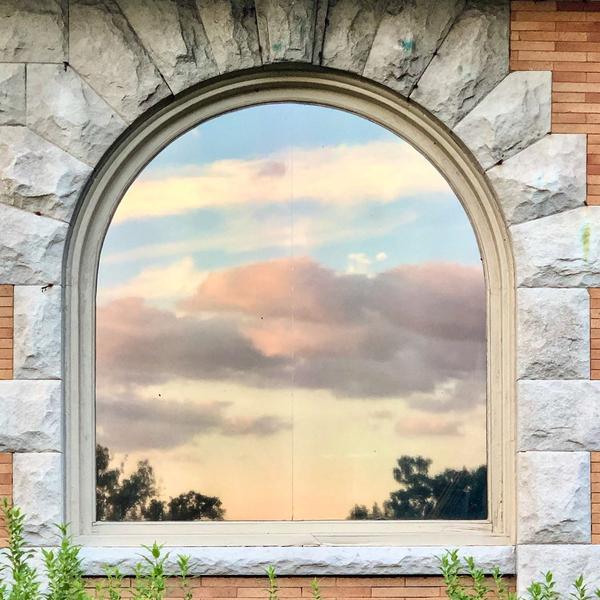Dying is part of the daily routine in a large hospital. As one of the night chaplains, it sometimes falls on me to be present for the families saying goodbye.
One night I was called to escort the daughter and granddaughter of a woman in her nineties who had passed. The medical staff and I were present with them in the solace room.
I asked gently about their mother/grandmother. I was taken aback by the harsh description of her life. There was an edge of bitterness, and no tears. It is not mine to judge, but I wasn't sure what to say, so I was quiet.
Later that night I was called to sit with a man whose wife lay dying. He was crying, and his children seemed unsure of how to comfort him. The nurses were eager to point me to the waiting room where he sat alone. I have sometimes wondered at the
paradox of a stranger showing up for one of life's intimate moments. But that night, it was just right. Since I had never met his wife, he had free range to spill stories about her.
His first grief was that she was dying instead of him. Clearly, he adored her and would walk across hot coals for her. He talked about how they had built a business together, and raised their family. They had money, to be sure, and multiple homes, but what mattered was her. And he was
losing her.
He had grown up in the depression, figuring out how to cobble together things with scrap wood which he would sell for a few pennies. He left school at nine, having caught the Catholic nun in a mistake written on the board.
"If you are right, I will jump out the window. If I am right, you jump," he dared her. He was right but did her the favor of jumping anyway, and never came back.
The
nurses gently told him that the time was coming to say goodbye, and he went back to his wife's bedside. I walked away with a lump in my throat for a man I will never see again, whose heart was broken open.
The puzzle for me is that I do not dismiss the first woman, the one whose family shed no tears. She had her own version of life, and while she made mistakes, I believe there is a chance for forgiveness when we start to unpack our own history. Perhaps being
harsh was how she kept herself safe in a world she did not trust. It cost her relationships, which is a steep price, and yet I believe that healing can happen. Maybe by the time her daughter and granddaughter cross over she will have learned how to open her arms, and they will discover that she loved them all along.

